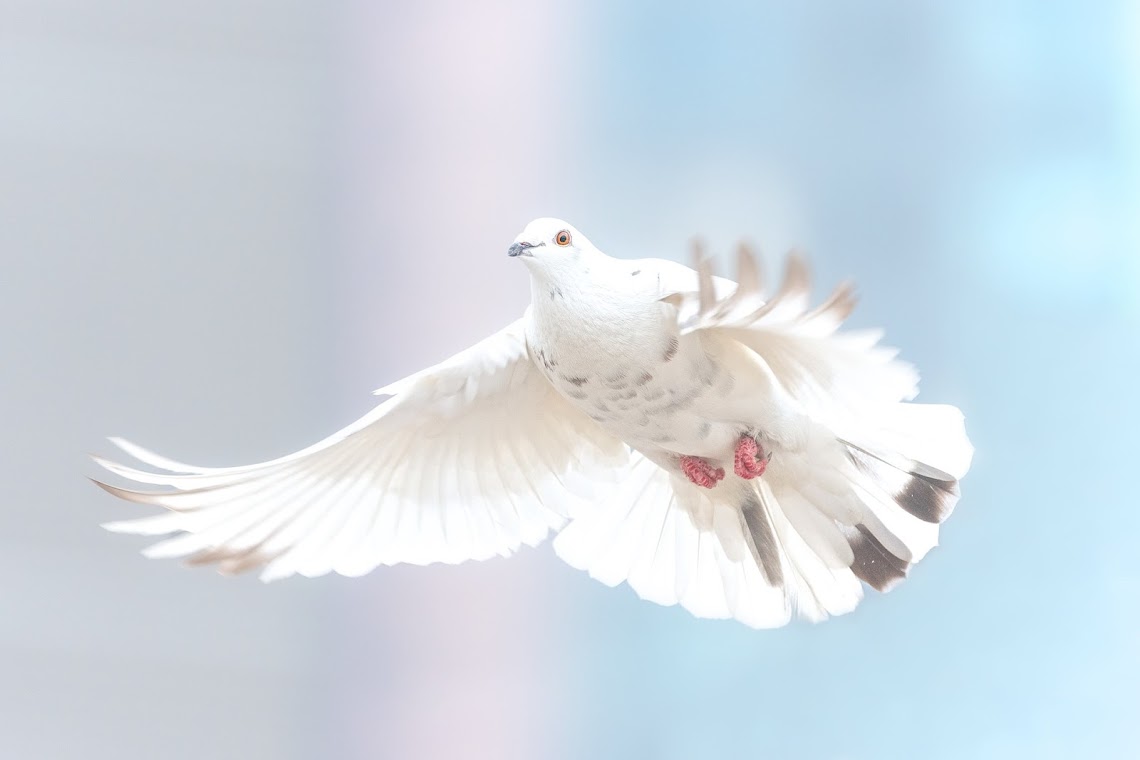We at vpnMentor conducted a survey in which we asked 695 LGBTQ+ people worldwide about their experiences online as they relate to their sexual orientation and gender identity. The results – referenced throughout this article – illuminated the unique challenges faced by the LGBTQ+ community.
Here are some of our key findings:+
73% of all respondents in all categories of gender identity
and sexual orientation have been personally attacked or harassed online.
50% of all respondents in all categories of gender identity
and sexual orientation have suffered sexual harassment online.
When it comes to sexual orientation, asexual people feel the
least safe online, and gay men the safest.
When it comes to gender identity, transgender women feel the
least safe online, and cisgender men the safest.
Transgender women are the most likely to be outed against
their will online, while cisgender men are least likely.
+For complete results, see the appendix.
As experts in the field of cybersecurity, it is our mission
to provide practical strategies for coping with adversity, bigotry, and abuse
on the web, which is why we created this guide.
Whether you are part of the LGBTQ+ community or are an ally,
we hope you find this guide helpful.
Finding Community Online
Navigating a heterosexual and cisgender society can be
difficult for members of the LGBTQ+ community. Alienated from their family,
condemned by their community, and isolated from their friends, many LGBTQ+
people turn to the internet for solidarity.
With just the click of a button, they can escape their
physical surroundings and immediately be transported to a place filled with
like-minded, accepting people. There, they can seek guidance about coming out,
ask questions about queer specific topics, and better understand their
sexualities and gender identities.
Simply put, the internet facilities a sense of community
among LGBTQ+ people, regardless of their physical proximity to one another.
“The internet and social media are essential to connecting
individuals to information and people of the LGBT+ community,” states Mara,*
who’s bisexual/pansexual.** “[It provides] spaces for them to find acceptance,
community, and support. It is extremely important to keep these connections
alive.”
Since the suicide rate for LGBTQ+ youth is substantially
higher than that of their heterosexual and cisgender peers, the internet can
literally become life-saving.
“There are so many wonderful support groups that help so
much, they seriously saved my life and made my search for my identity so much
easier,” recounts Mariela, a lesbian.
“[The internet is] definitely a great information sharer for
our sometimes disjointed community, especially in rural areas,” says Blair,
who’s genderqueer/non-binary.*** “Lots of my trans identity was discerned
through language I accessed online as well as looking at other trans narratives
online.”
The Dark Side of the Web
However, the internet can also be an intimidating and
dangerous place. Just read the comments on any viral social media post and
you’ll see a slew of insults and misdirected aggression.
Considering the fact that a large portion of these hateful
comments include homophobic and sometimes even biphobic slurs, the internet is
especially threatening to the LGBTQ+ community.
"I feel like there is a significant amount of
intolerance from within the LGBTQ community" explained Gill, a genderqueer
lesbian. "I've honestly been attacked more from within the community than
outside of it."
Given this ugly reality, we believe it is essential that all
LGBTQ+ people know how to defend and protect themselves online. Therefore, we
created this guide to minimize your personal exposure to online bullying and
harassment.
It’s important for us to note that some of the advice here
is aimed at people who do not feel safe enough to come out, or who prefer not
to reveal certain aspects of their identity if they feel threatened. It is by
no means an encouragement to stay closeted.
We also want to acknowledge the downsides of playing it
safe. According to our survey, while self-identified gay people responded that
they felt safest online, some believe it’s because they’re overly cautious
about their internet activity.
“I haven't experienced anything negative online,” explains
Harris, who’s genderqueer and gay. “[But it’s] because I've worked very hard to
not put myself in situations where I might be vulnerable to attack. This sort
of extra mental effort keeps me safe online, but it does come at a price.”
It is our hope that one day none of this will be relevant,
and all people, no matter their sexual orientation or gender identity, will
feel free to express themselves online in any way they see fit, without fear.
Cyberbullying is a Near Universal Experience
According to our study, 73% of LGBTQ+ people have reported
being personally attacked or harassed online. These incidents frequently
revolve around attempts to alter or criticize a person’s sexual or gender
identity. (Click to share on Facebook)
Shauna, a lesbian respondent recalls, “some lady commented
on a post I made on social media that my being gay was a phase and that if I
found Jesus, I would be converted just like her.”
“Back before Facebook filtered messages from people you
aren't friends with, I would often receive messages calling me a dyke or
similarly abusing me,” adds Dylan, a non-binary respondent.
And the abuse isn’t always just verbal. Sometimes, it can
even lead to physical violence. According to Zsófia, a genderqueer/non-binary
lesbian living in Hungary, “In 2012, my whole Facebook profile was published
(with several other [members of the] Hungarian LGBTQ+ community) on a far-right
group's website. The list was called "fagot-list" ("köcsög
lista" in Hungarian).”
In addition to these assaults by bigots and religious and
political extremists, we found that most of the online harassment respondents
experienced was sexual in nature.
“I've gotten dick pics when looking for a roommate or when
posting my phone number after my cat went missing. I've also been told by a few
guys’ [that] bisexuality is a phase and I need a good dick to cure me,”
explains a Jamie, who’s non-binary and bisexual.
Jamie’s sentiment was echoed throughout the survey, with
dozens of people reporting that they have received unsolicited pornographic
photos or vulgar, sexually explicit messages.
“I posted a photo saying I wish I could just keep my mouth
shut, and multiple people offered their dick to keep it full,” recounts Tamika,
a genderqueer lesbian.
“I have had death threats against myself and my family,”
discloses Nova, an asexual transgender woman. “Bullying from outside and inside
the community. [I’ve] been creeped out so much that I have left social media.”
Asexual people described feeling threatened by their
non-asexual counterparts who refuse to accept asexuality as a valid
orientation. Some of these men, women and non-binary or genderqueer people
would accuse asexuals of having a latent or “not yet developed” sexual
interest.
“People think they can cure my asexuality by sending me
their nudes or just repeatedly telling me everyone has a sex drive you just
need to wait for yours,” says Elijah, who’s genderqueer and asexual.
Despite reporting frequently receiving sexually
inappropriate content or comments, many respondents downplayed their harassment
and even excused this behavior as “just the usual.”
But you don’t have to accept “just the usual.” There are
ways to filter out the abuse.
…










Keine Kommentare:
Kommentar veröffentlichen